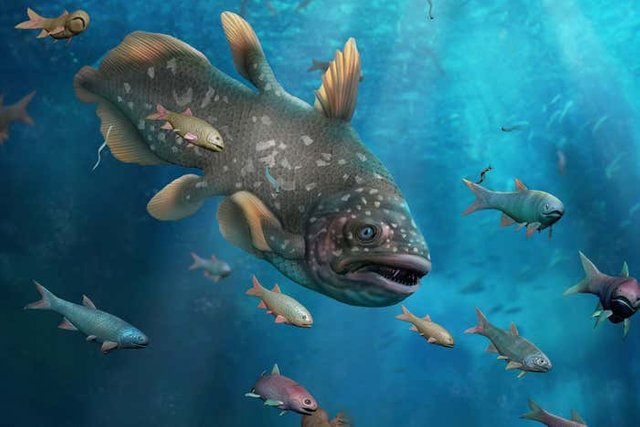
A collection of fossils from China indicates that a complex marine ecosystem existed 251 million years ago, shortly after a mass extinction wiped out most complex life on Earth.
An exceptional assemblage of marine fossils from China suggests that life in the oceans rebounded surprisingly fast after the largest mass extinction in Earth’s history.
The Great Dying, which occurred at the end of the Permian Period around 252 million years ago, is believed to have been caused by unusually high volcanic activity leading to ocean acidification and global warming. This disaster significantly impacted marine life, resulting in the loss of over 80% of life in the oceans.
For a long time, paleontologists believed it took around 8 million years for ocean ecosystems to recover from this setback and evolve into the modern form we know today.
Haijun Song and his colleagues at the China University of Geosciences in Wuhan studied the Guiyang Biota, a well-preserved group of marine fossils in southern China dating from 251 million years ago, at the start of the Triassic Period. It includes at least 40 different species of fish, clams, ammonites, and crustaceans like shrimps and lobsters.
The fossils represent all levels of the food chain, from 1-metre-long predatory coelacanths to tiny, single-celled amoebas. While some major groups of organisms survived the mass extinction, many others that had been abundant before, such as the trilobites, were lost.